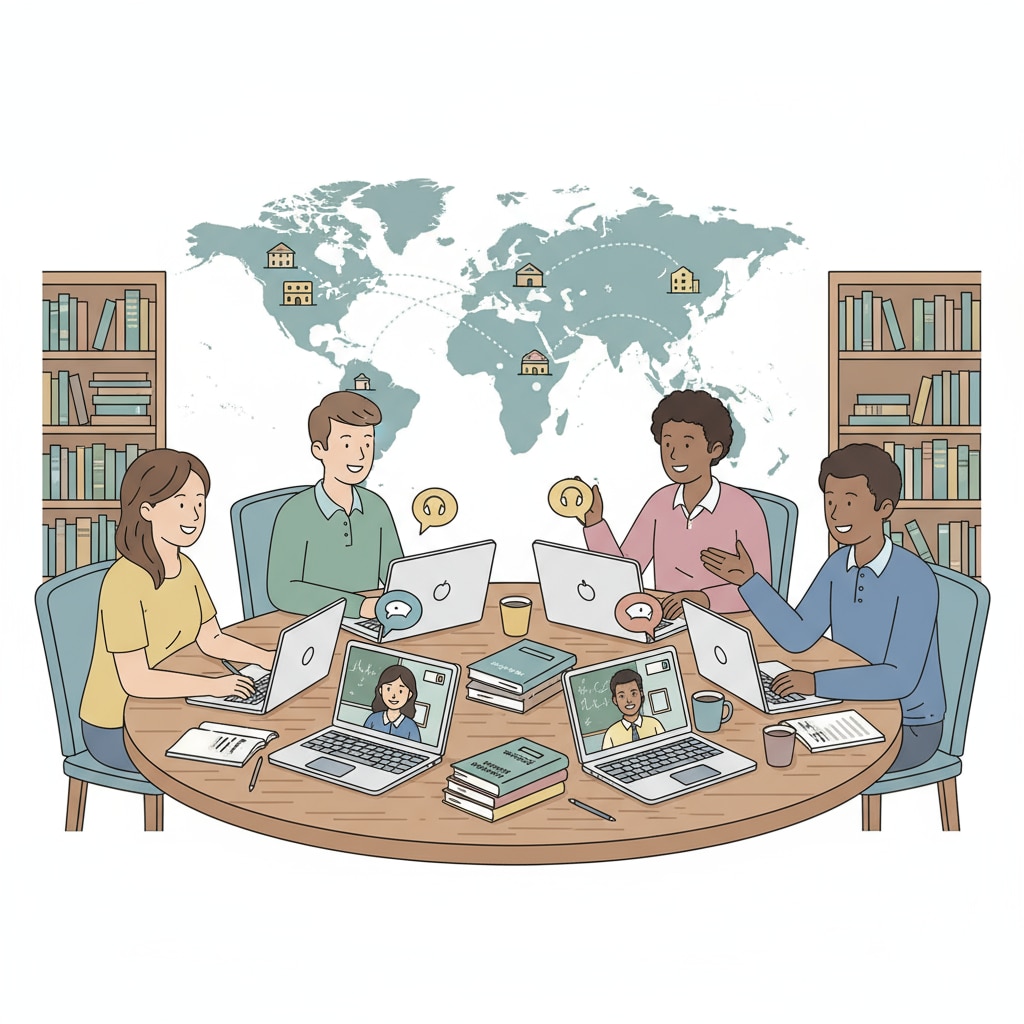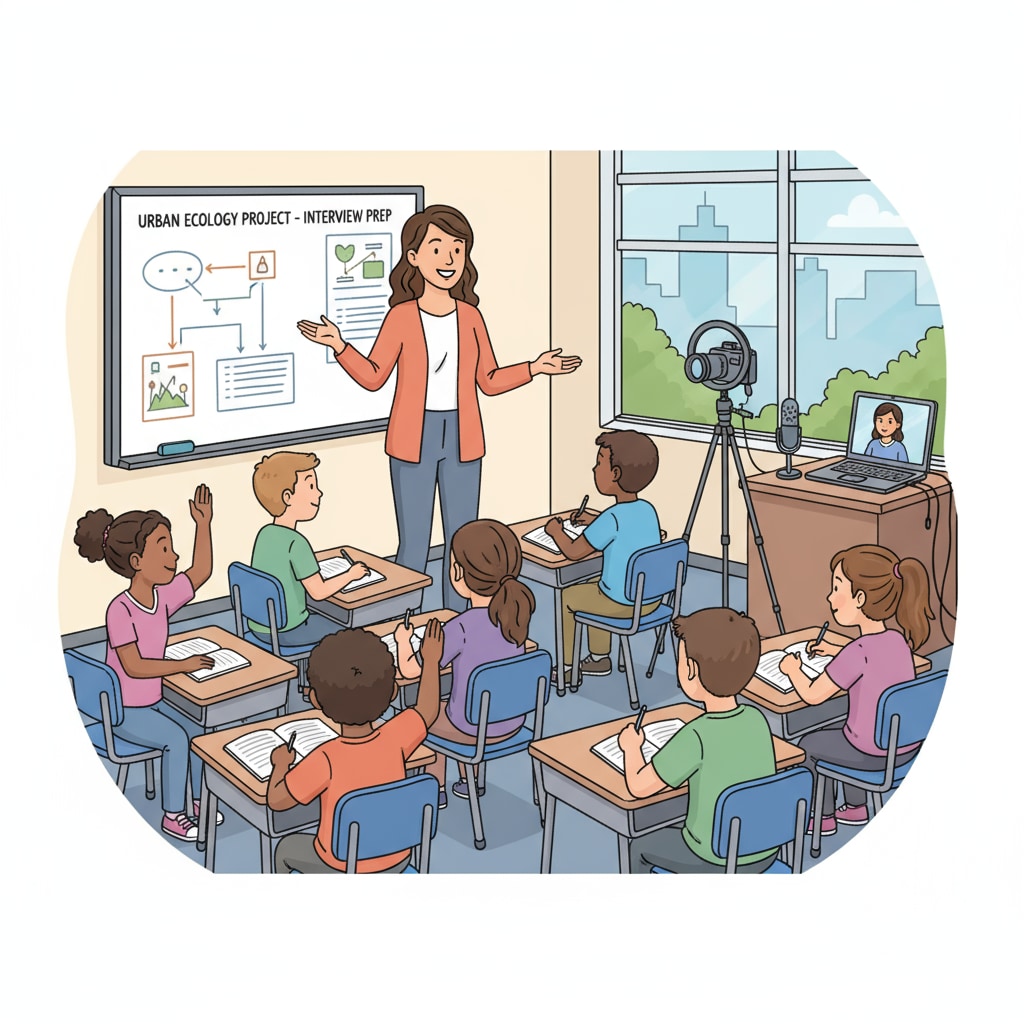University projects, urban education, and virtual interviews are playing an increasingly crucial role in shaping the educational landscape. In today’s dynamic world, the connection between university students and those in the urban education system has become a powerful force for positive change.

For instance, the Hunter College Urban Education Project is a prime example of how this synergy can bring about meaningful results.
The Significance of University-Industry Collaboration in Urban Education
Collaboration between universities and the urban education sector is not just a trend; it’s a necessity. University students bring fresh perspectives and up-to-date academic knowledge. On the other hand, educators in the urban education system have practical experience and insights into real-world challenges. This combination is like a perfect storm, driving innovation in urban education. As a result, new teaching methods and educational strategies can be developed. For example, students might introduce new technologies learned in their courses, while educators can provide feedback based on classroom implementation.

The Role of Virtual Interviews in Facilitating Interaction
Virtual interviews have revolutionized the way university students connect with urban educators. They break down geographical barriers, allowing students from different parts of the country or even the world to engage with educators in New York’s urban education system. Through these interviews, students can gain in-depth understanding of the day-to-day operations of urban schools. In addition, educators get a chance to share their experiences, struggles, and successes. This exchange of ideas can lead to valuable research and educational improvements. As reported by Education Reform on Wikipedia, such interactions are essential for the evolution of educational practices.
The Hunter College Urban Education Project further demonstrates the effectiveness of this approach. By sending students to conduct virtual interviews, the project provides a platform for both parties to learn from each other. The students can see how theory translates into practice, and educators can reflect on their methods and learn from new research findings. As stated on Education on Britannica, this kind of practical exposure is crucial for the development of future educators.
In conclusion, university projects, urban education, and virtual interviews are integral components in building a better educational future. This collaboration between students and educators in the urban education system not only benefits the individuals involved but also has far-reaching implications for the development of K12 education. It’s a partnership that we should continue to nurture and expand for the betterment of our educational landscape.
Readability guidance: Short paragraphs and lists are used to summarize key points. Each H2 section provides a list-like structure. Passive voice and long sentences are kept to a minimum, and transition words are scattered throughout the text for better flow.


